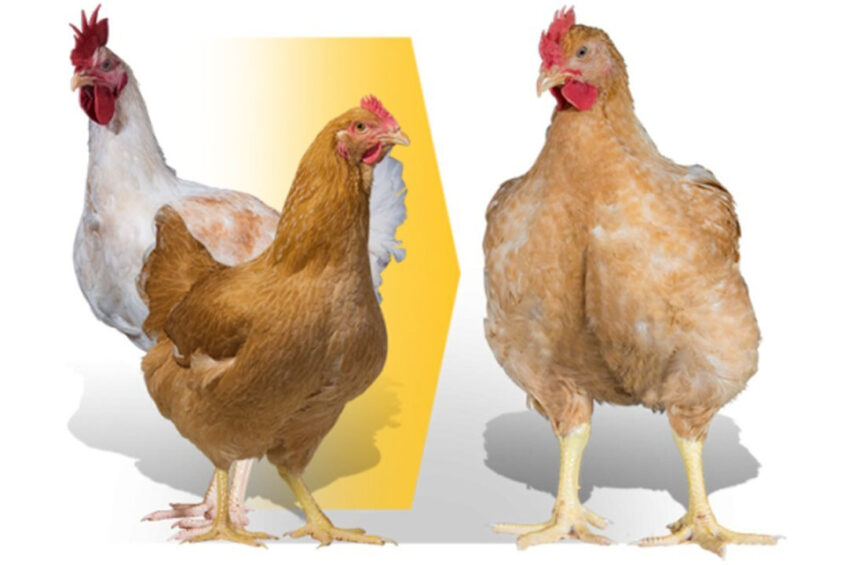Welfare group to bring a ‘better broiler’ to the marketplace

Through its Better Chicken Project, Global Animal Partnership has coordinated an independent research study aimed to create a framework for reinventing the modern-day broiler.
The Global Animal Partnership (G.A.P.), an animal welfare standards and labelling organisation in North America, reports that the study conducted by scientists at the University of Guelph is “the largest, most comprehensive multidisciplinary study to date”, adding that the study included more than 7,500 broiler chickens from 16 different genetic strains.
Basis for scientific evaluation of welfare attributes for broiler breeds
Modern broiler chickens have been genetically selected for their efficient growth and higher breast meat yield. However, this has given rise to concerns about broiler chicken welfare. As a first step in addressing the issue, this first multi-disciplinary study evaluated broiler chicken health, welfare, behaviour, meat quality and production across 16 different strains. The research-based framework for the Better Chicken Project has helped form the basis for the scientific evaluation of welfare attributes for broiler breeds, notes G.A.P.
Approved broiler breeds
Results from the study were used to guide the development of G.A.P.’s Broiler Chicken Assessment Protocol and an initial list of Better Chicken eligible breeds. Approved broiler breeds are the result of a specific male and female parent stock combination. G.A.P. notes that it is the specific cross as listed below that is approved and not the individual female and male parent lines, and not the reverse combination. G.A.P. notes that this initial list is not meant to be an exhaustive list and invites breeding companies to contact the organisation to test additional breeds using these protocols.
Approved broiler breeds
Broiler breeds deemed eligible will be transitioned into the G.A.P.’s programme as detailed in the group’s forthcoming broiler chicken standards v4.0. Anne Malleau, executive director of Global Animal Partnership: “The study […] confirmed and informed our thinking and provided the data needed to create a process for our programme to bring a ‘better broiler’ to the marketplace.” Consideration of the breeds used (i.e., genetics), which the group says is an integral component to positive animal welfare outcomes, has also been included in the G.A.P. 5-Step standard for meat chickens, but G.A.P. wanted to switch to an evidence-based approach for determining breed eligibility for its programme.













